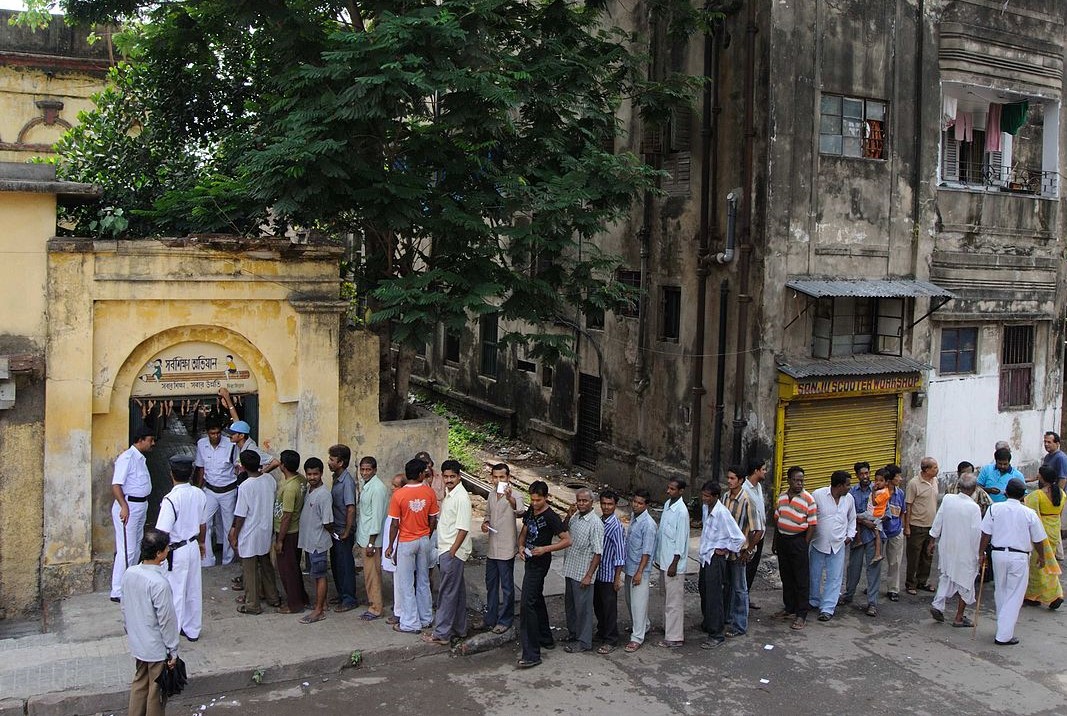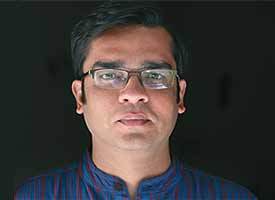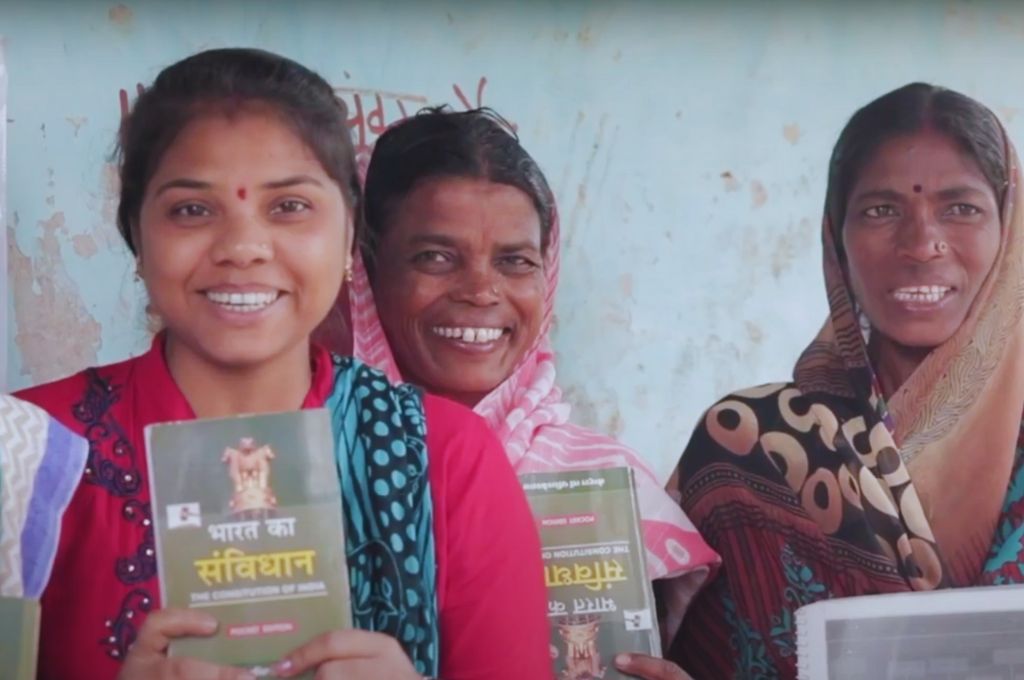A wide spectrum of civil society groups organised a national people’s platform on April 6, 2019, to dialogue with different political parties on ‘Jan Sarokar’ (People’s Agenda), with the objective of bringing the real issues of ordinary citizens to the centre of political debates.
In the last few months, the Indian civil society landscape has seen similar local, regional and national initiatives, essentially to highlight the threats to the founding ideals of the Indian republic. The aim is also to amplify the issues of the most marginalised and excluded – which have often gotten overshadowed by chest thumping ‘nationalism’ and aggressive Hindutva.
The earliest challenge to Modi narrative came from initiatives located in the civil society – award wapsi, Not in My Name, the post-Una protests, the fight for justice for Rohith Vemula and Karwan-e-Mohabbat. These initiatives not only mounted a serious ideological challenge to the hegemonic Modi narrative, but they also galvanised non-party political forces to contest the concerted attempts to change the fundamentals of Indian democracy.
However, there is a gulf between these civil society groups – which occupy the space of non-party political formations (a phrase coined by Rajni Kothari) – and the parties active in electoral politics.
While these social movements and community groups advocate and dialogue with diverse political parties, they, however, maintain complete autonomy and electoral neutrality, in-spite of significant overlap in political positions.
In the architecture of democracy, civil society plays critical roles and it might be assigned a non-electoral one in politics. However, this is in complete contrast to the Hindutva imagination of civil society as embodied by the RSS and its affiliates.
Contrasting conceptions of the civil society’s role in electoral politics pose fundamental questions for the future of Indian democracy.
The RSS and the Sangh parivar (VHP, Bajrang Dal, etc) not only play a proactive role in Indian elections, they also offer cadre and volunteers to the BJP for political mobilisation and canvassing. It even sets the agenda for the BJP government as we have witnessed with the Modi cabinet making presentations to the RSS for disha nirdesh (guidance), while continuously working in the social realm for building an ideological and social support base for Hindutva and BJP.
These contrasting conceptions of the civil society’s role in electoral politics pose serious implications and fundamental questions for the future of Indian democracy.
Civil society under Congress
The answer to some of these fundamental challenges might be found in the history of the Congress system in India, particularly the phase of Gandhi’s leadership and the national movement. The Gandhian articulation of ‘sangharsh aur nirman’ (struggle and constructive work) represents the philosophical and organic unity of these two actions.

Picture courtesy: Goutam Roy/ Wikimedia Commons
Nevertheless, it also articulates the strategic imperative of weaving together struggles led by overtly political formations and the movement building at the grassroots through constructive work. This action in tandem was effectively achieved during the freedom struggle in which the direct political actions were undertaken by the National Congress and continuous constructive work for constituency building was undertaken by diverse civil society groups associated with the Congress and Gandhi.
Post-independence, several civil society groups were co-opted by the Indian state and gradually the Congress started losing its presence in the civil society spaces. By the late seventies, Congress had vacated much of the civil society spaces and the 80s saw the rise of new social movements and the growth of professional NGOs, which gradually constituted significant parts of the progressive civil society.
The Congress continued losing its political base through the 80s and 90s due to several socio-economic factors, and because of its increasing disconnect with the issues and aspirations of the common people due to its declining base and penetration in civil society. Congress as a mass-based party, as opposed to a cadre-based party, needed the community and grassroots connect provided by civil society groups to nurture its relationships with people.
In the absence of civil society support and network, the relationships with people dried up and became limited to individual charismatic appeal or state patronage which could be provided only when in power. Gradually, the idea of the Congress, which was more of dynamic open space for diverse interests and ideas, particularly for the marginalised and excluded people and communities, got reduced to the formal party structure(s), which has largely been under the capture of elites and entrenched interests.
A new initiative
On September 17, 2018, the Congress president Rahul Gandhi announced the formation of a new front organisation, Civic and Social Outreach Congress, under the leadership of Madhusudan Mistry.
Mistry, currently a member of Rajya Sabha and a former trade unionist and civil society leader, has been tasked to build bridges between the civil society and the Congress structure while mobilising the former for direct political action for foregrounding peoples’ issues. This news has largely gone unnoticed but has transformative potential for the Congress party if it achieves its true potential and intent.
There is a deep crisis brewing and reflects a structural imbalance in electoral politics in India, which might not directly affect the outcome of specific elections but has serious implications in the long run for the polity of this country.
The progressive civil society working on issues of rights and human dignity has been powerful in raising peoples’ issues, but it has remained disengaged with electoral processes.
On the one hand, we have the powerful electoral machinery of the BJP-propelled NDA, backed by a solid network of civil society groups spread across the county from grassroots to the national level, working under the broad umbrella of Sangh Parivar.
On the other, the progressive civil society working on issues of rights and human dignity has been powerful in raising peoples’ issues and defending the core ideals of Indian republic even when the opposition voices have been feeble, but it has largely remained disengaged with electoral processes with the exception of few.
Given the historic nature of the 2019 parliamentary elections, it can be seen as the moment of reckoning for the progressive civil society, particularly, vis-à-vis its role in electoral politics.
This article was originally published on The Wire.




